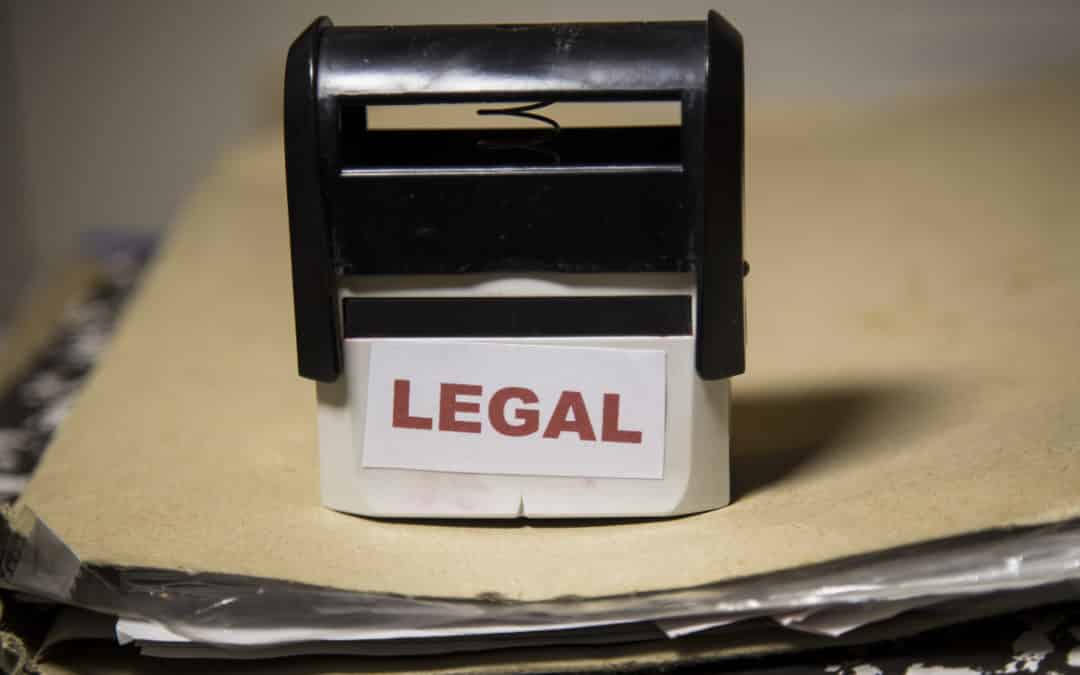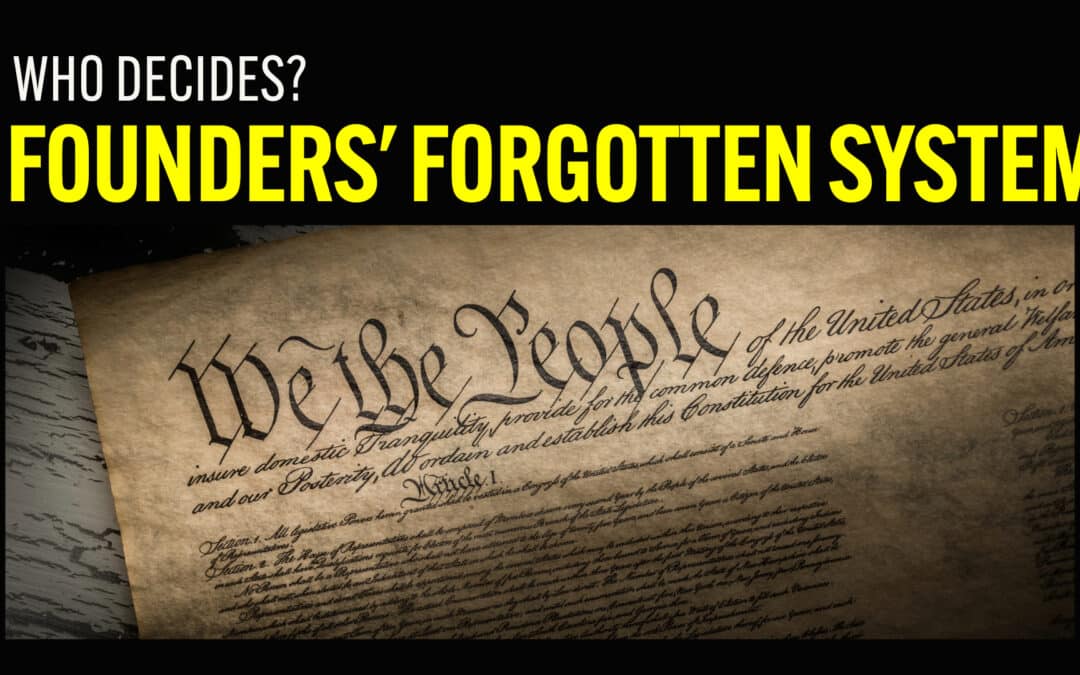

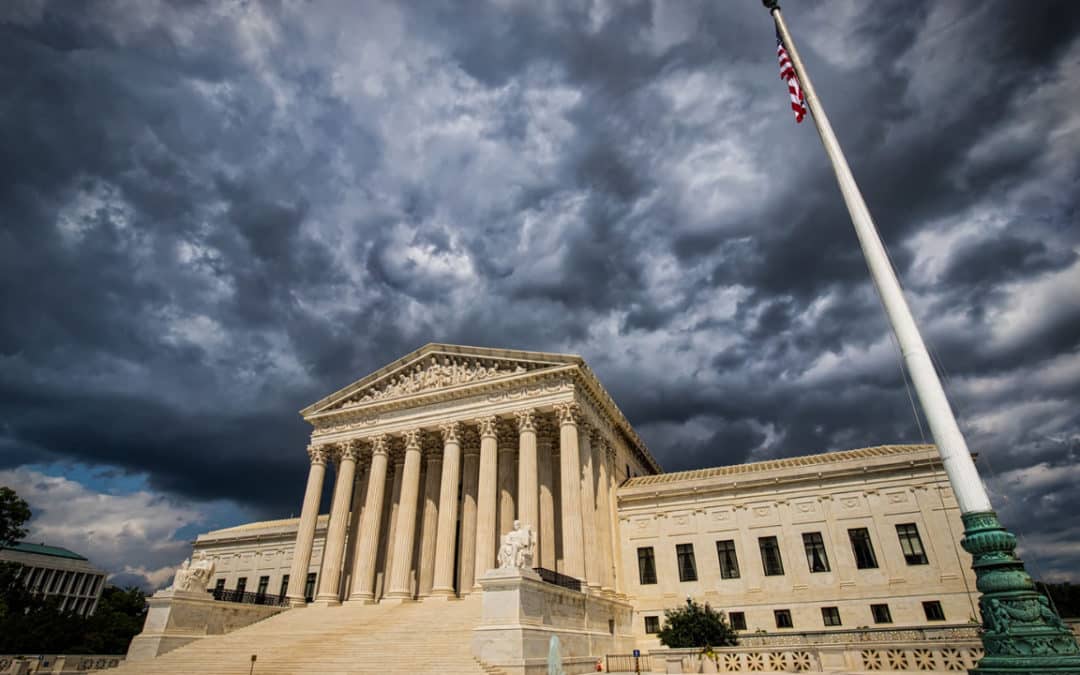
Federal Farmer: Will the Judiciary Preserve or Destroy Liberty?
While many anti-federalists, including Patrick Henry, regarded the judicial branch of the federal government under the proposed U.S. Constitution with deep suspicion, the Federal Farmer took a more moderate, albeit guarded stance. In his fifteenth letter dated Jan....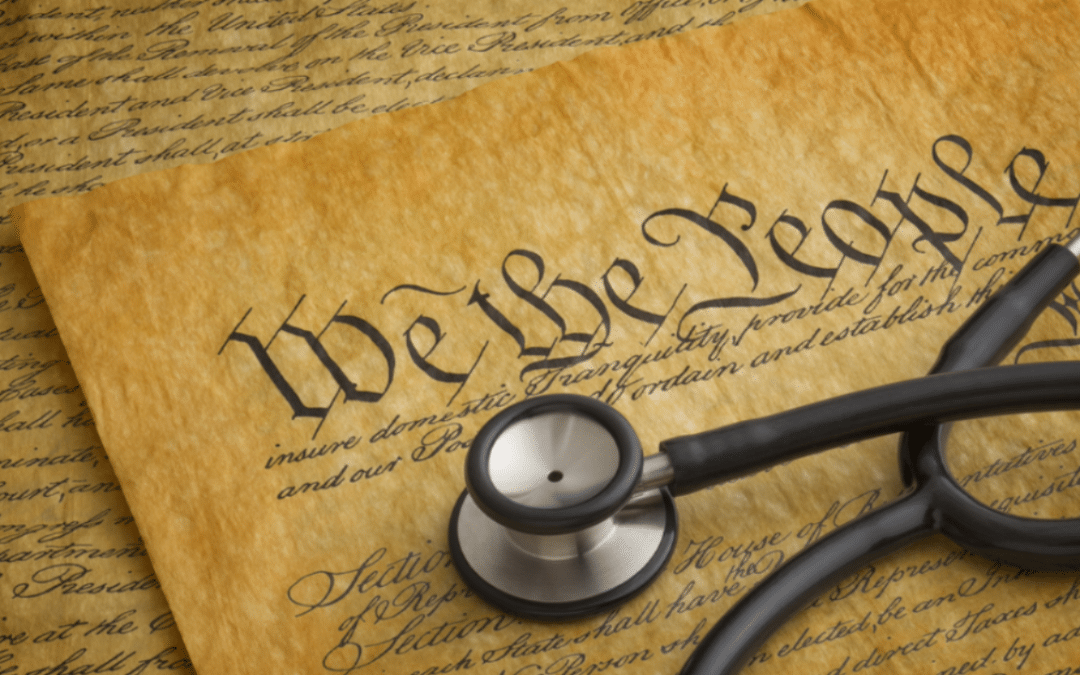
Today in History: Judiciary Act of 1789 Signed into Law
On this date in 1789, George Washington signed the Judiciary Act into law. This was arguably the first federal exercise of unconstitutional power. Article III of the Constitution delegated judicial power to the Supreme Court and empowered Congress to “ordain and...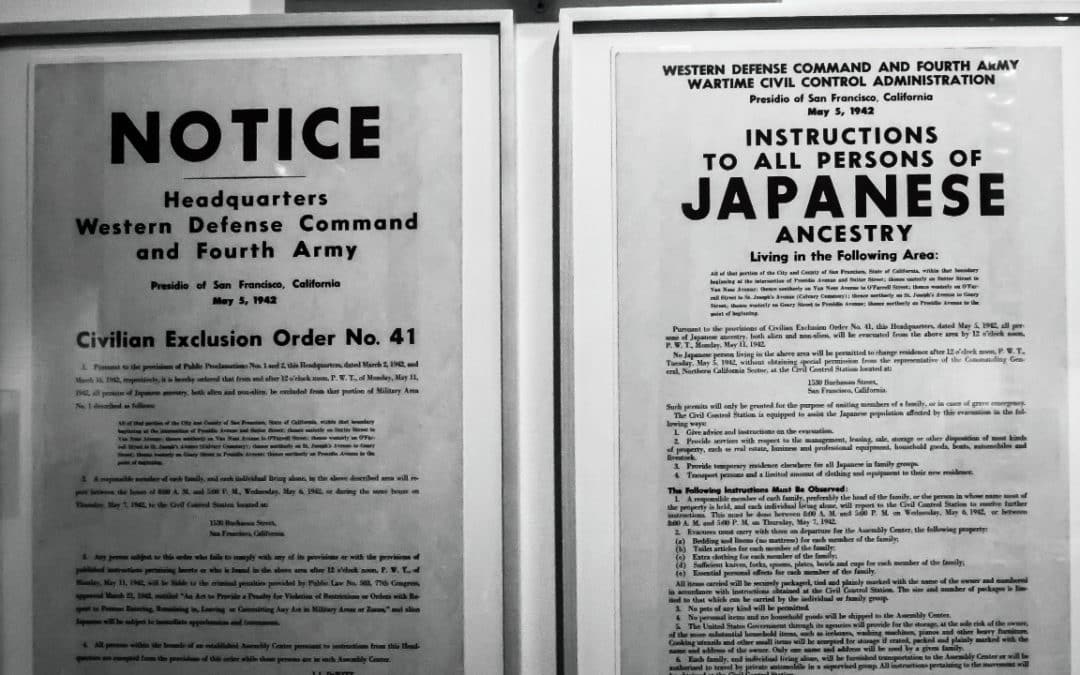
How the Supreme Court Rewrote the Constitution Part VII: Concentration Camps and the End
This is the last installment in a series on the nadir, or low point, of the U.S. Supreme Court. This was the period from 1937 to 1944, when the court stopped protecting the Constitution’s limits on the federal government. Our Constitution has never fully recovered....